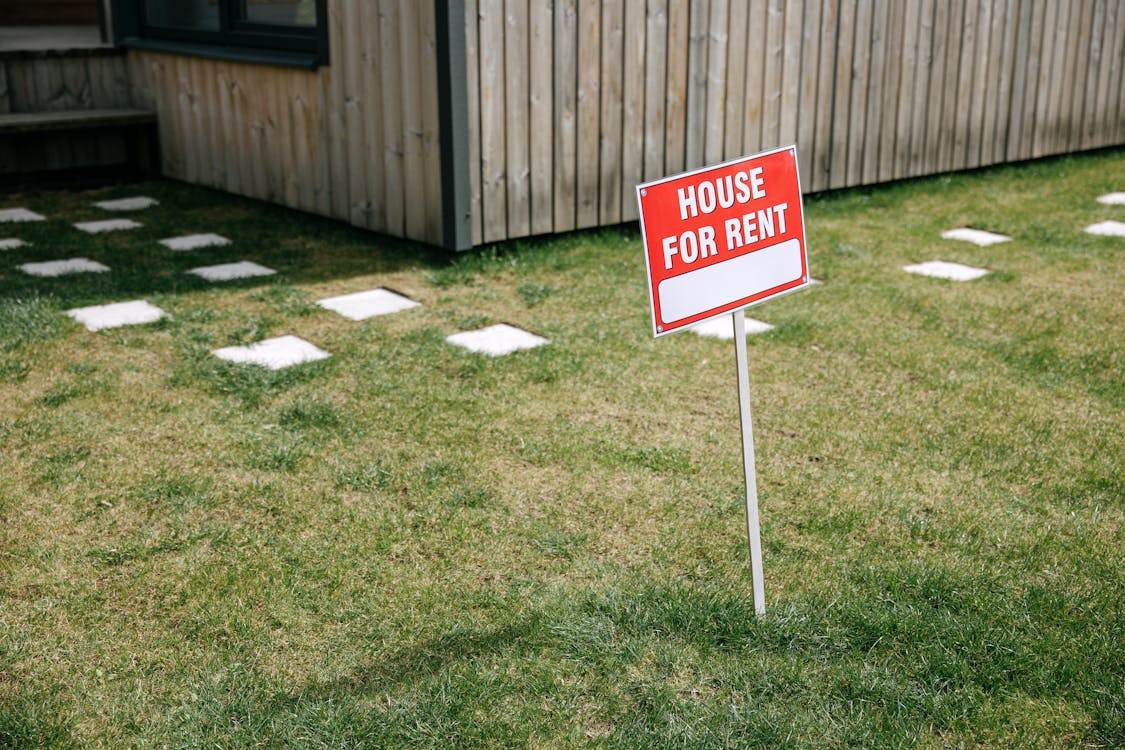How to Protect Your Rights as a Landlord or a Tenant in Nigeria 2023?
Property Details
Knowing that the peace and harmony you seek as a renter or a landlord can be achieved with excellent communication between the two sides. Let’s see what the law is all about.
Obtaining your preferred apartment or property for tenants for a set amount of time is not a simple undertaking. However, once you have what you want, you must understand your rights under the legislation that governs property ownership or rental.

Your Rights as a Tenant
Your Rights to a Property
Many people looking for a home do not want to live in the same apartment as the owner due to several negative events or stories from friends and family. There have been numerous reports of landlords evicting renters without warning. It can only occur if you are unaware of your rights as a tenant.

Many landlords are also unaware of their legal rights. Unless you run a charity, allowing a tenant to stay in your home for years without paying rent is a sign of indifference. Nigeria has enacted legislation concerning property rights and protection. This law establishes both parties’ rights, powers, duties, and privileges and the rights, powers, obligations, and privileges of tenants and landlords.
Let’s look at some of the rights that tenants have under Nigerian tenancy law.
The Right to a Properly Drafted Tenancy Agreement
This legislation governs the rights of every occupant of a property, regardless of the type of property or the property’s location. Every occupant of a property should be presented with a well-written agreement rather than merely a verbal one. It avoids any potential conflict or disagreement that could arise from an oral agreement.
The tenancy agreement should include the following information:
- The property owner’s or landlord’s full name.
- The potential tenant’s entire name.
- The location and basic features of the apartment to be rented are described in the house description.
- Payment information includes the rent amount, the next payment renewal date (the tenancy’s expiration date), the payment account to use, and the renting length.
In addition, the likelihood of future negotiations.
You must then read the agreement carefully before signing it, and if you have any doubts about anything stated on it, double-check it before signing it. If feasible, use a solicitor or lawyer to ensure that you fully comprehend the conditions of the tenancy agreement.
Right to Payment Receipt
You have every right to receive a receipt of payment from your landlord or representative once you’ve paid rent payments. This is the landlord’s/acknowledgement representative that the rent payment has been received. The following information should be included on the receipt:
- The landlord’s complete name.
- The tenant’s complete name.
- The summary of the payment.
- The payment’s due date.
- The payment’s ostensible property.
- The length of time for which the payment is made.
- The recipient’s signature.

Regardless of your relationship with the landlord, receiving a receipt for payment of your rental property is strongly suggested.
Right to a Reasonable Quit Notice
If a landlord no longer needs a given renter to occupy their property, the landlord must evict the tenant by the law. This is accomplished by providing the renter with a proper quit notice that includes the following information:
- The landlord’s complete name.
- The tenant’s complete name.
- The tenant’s address at the rental property.
- The duration
This information must be included on the quit notice to be considered valid.
Right to Peaceful Interactions
When a tenant completes their side of the agreement and pays for the property, the landlord’s responsibility is to allow the tenant their expected right to peaceful enjoyment of the property. Once this is accomplished, the renter can choose his preferred entry, location, and use and sue for trespass against anyone who interferes with his tranquility. This does not exclude the landlord from monitoring and maintaining the property over time, but it must be done with the tenant’s knowledge and on their agreed-upon time and day.

Right to a Mandatory 7-Day Notice to Recover Property
Aside from the quit notice, all tenants are entitled to a seven-day notice to reclaim their belongings. This notice follows the expiration of the valid quit notice.
Your Rights as a Landlord
Landlords have property protection rights as well. They are as follows:
Right to Renewal of Tenancy
This is the authority that landlords have over their properties. They have the right to refuse to renew a tenant’s lease, particularly if they are uncomfortable with the tenant’s presence on their property. Any tenant with whom the landlord is uncomfortable renting his property has the right to be evicted.

Right to refuse to serve a quit notice
Because most Nigerians ignore court orders to remove a premise after the quit notice expires, the landlord has the discretion to refuse to issue a quit notice to the tenants. As a result, the landlord can issue or not issue a vacate notice, particularly if he has waived his right to do so in the agreement. That is why it is critical to review the tenancy agreement thoroughly. During this time, the landlord has the option of serving a 7-day notice to reclaim possession.
Right to Rent Review
Landlords have the right to evaluate the rent on their property. However, this must be done under the Rent Review Clause and must not affect tenants currently occupying the property.
Right to Compensation from Compulsory Acquisition
Under the Land Use Act, the government has the right to acquire property for public purposes and infrastructure without notice; however, the landlord has the right to be reimbursed by the government once ownership is established.


